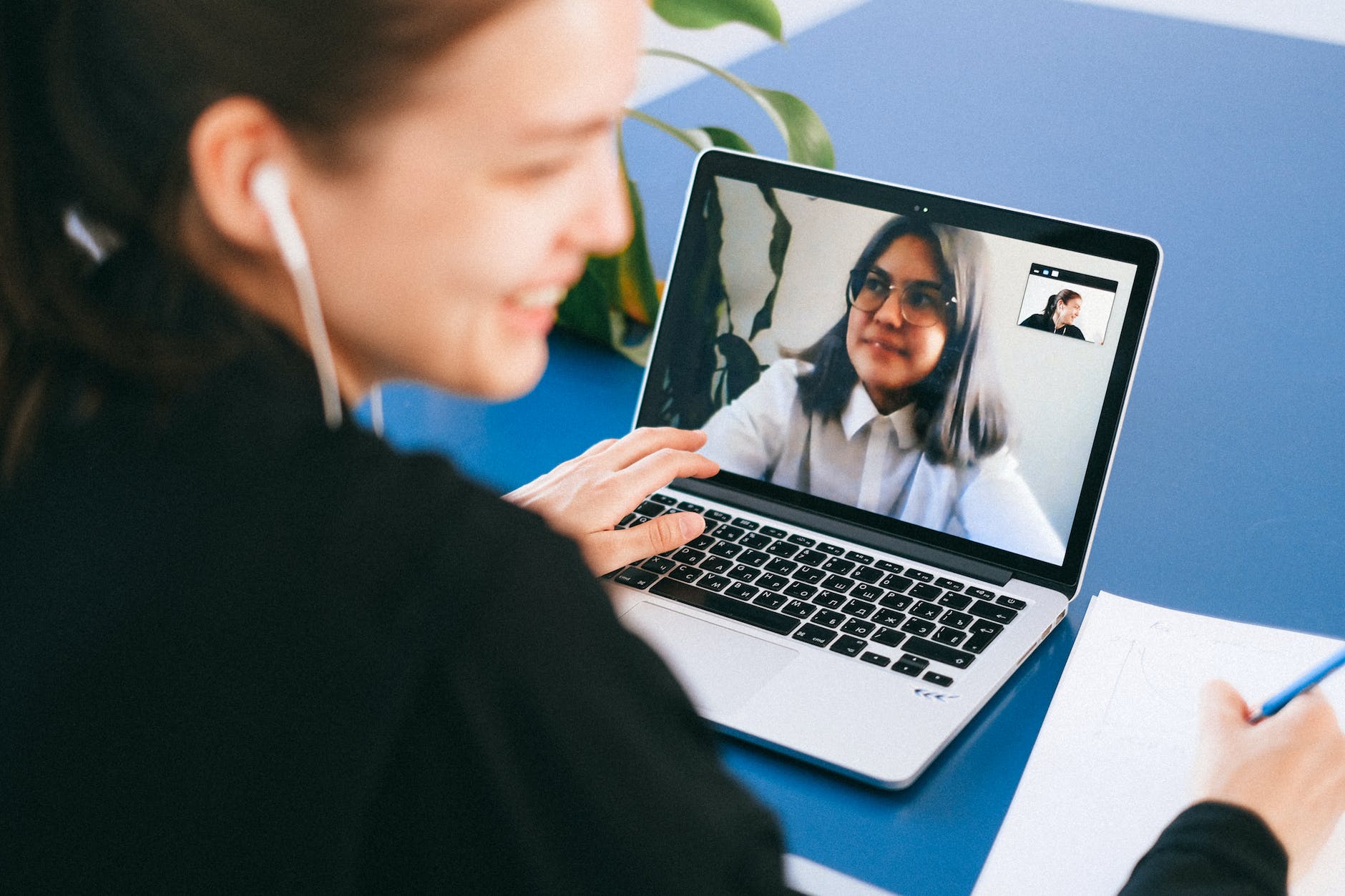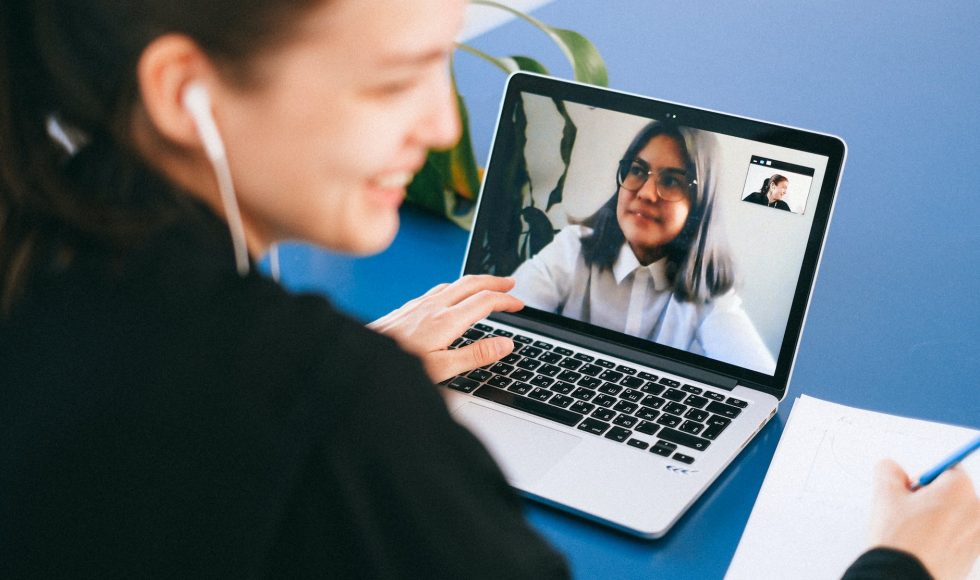Ann Devitt and Joanne Banks from Trinity College, Dublin, presented at the CAST UDL Symposium 2022 on their project on UDL in secondary education in Europe. The recorded session was entitled “What has technology ever done for us? Second-level student voices.” Their partners included schools in Spain, Belgium, Ireland, and Greece. All partner schools worked collaboratively. They explored what worked and what didn’t in online remote schooling. They had 16 student interviews from four countries. The themes they identified were grouped into four categories: clear structures and routines, flexibility, multiple means of representation, and contact. They spoke about the importance of communication and the social contact with teachers and facilitations with technology. The recording included a series of student interviews discussing challenges of the workload during remote instruction and working from home or different settings. Distractions were described as a challenge by a couple of students. Family members, multiple screens, and even their own beds were noted as distractions. Self-discipline was mentioned by at least one student as an area for improvement. Enablers that were mentioned were managing the workload “at your own pace” and working with others. Students interviewed spoke about the benefits of having access to videos and resources in one centralized place (the Learning Management System). Internet connectivity, audio quality, and length of sessions were mentioned as challenges. Another advantage interviewees listed was being able to connect with teachers to ask questions by Zoom, for example. Teachers reaching out to check in with learners seemed to have.a lasting impact on the students that were interviewed. Worry, anxiety, and uncertainty; anxiety, managing distractions, and lack of structure were the main challenges. Without being prompted, students mentioned key UDL principles helped them: flexibility, multiple means of representation, structure. The recording was very well edited and accompanied by slides and animations. Davitt ended suggesting ways to provide more structure, more human contact, and options. “Students know what works for them; and it is about time for us to listen.” was the last statement Devitt made. How true!



